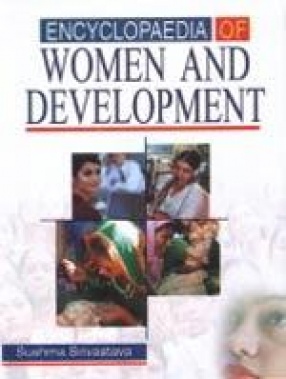
Showing all 6 books
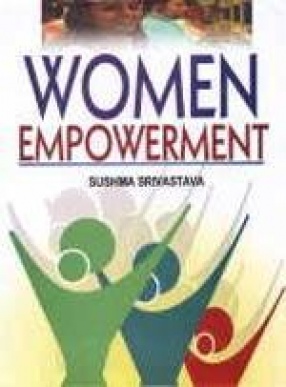
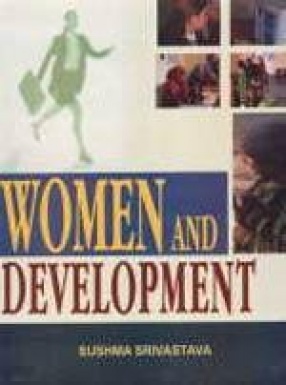
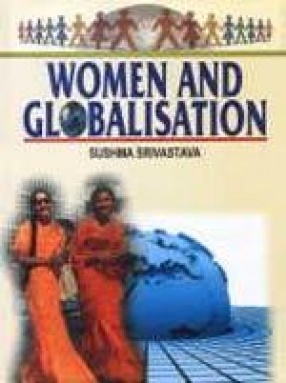

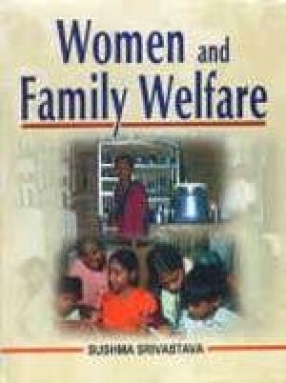

Women constitute about half of the human population. They play a significant role in development of our society. Every woman has her own job or duty in this modern society in which men are still the strongest gender. We can't forget that women's life is a lot more complicated than a man's life. A woman has to take care of her own personal life and if she is a mother, she has to take care also about her children's life too. Married women have lots of worries and ...

Women have been suppressed in all walks of life for generations. They have been indirectly treated as second grade citizen in India and elsewhere. Such a situation demands a revolutionary change in socio-cultural values of the society. Beside changing the legal system, implementing policies and programmes for women, empowering women at grassroots level is very essential to achieve national development goals. Women empowerment, when succinctly defined, means their ...

The contributions that women make to the economic, social and political lives of their nations, communities, families and the next generation make them key actors in effective development. More than 800 million women are economically active worldwide -- in agriculture, small and micro-enterprise and increasingly, in the export processing industries that drive globalisation. Limitations on women's legal rights and participation in civil society are widespread. ...

Globalisation is about making things global. It is the process of creating languages, services and products that apply not just to an individual neighbourhood or city or country, but to the whole world. Globalisation has brought many benefits to the lives of people including access to products and services from around the world. But it has also led to deepening global poverty, increased stress and workloads in both the paid and unpaid labour force, and ...

Up until the turn of the nineteenth century, women were primarily perceived as sexual objects and expected to remain within male dominated ideologies such as homemaker, career and nurturer taking second place after men. Women who strayed from the norm were severely punished, void of any opportunities to explain their actions. In late nineteenth century criminologists like Lombroso and Ferrero argued that the born female criminal was perceived to have the criminal ...

In India, the basic units of society is the family. Women play a special role in family and its welfare. As daughter, sister, wife and mother and grandmother she perform roles that are complicated and difficult to perform. She plays important roles as producers of food, managers of natural resources, income earners, and caretakers of household food and nutrition security. Increases in women's education and improvements in women's status over the past quarter ...
